The best software for retail sales management includes Shopify, Lightspeed, and Square. These tools streamline inventory, sales, and customer management.
Effective retail sales management software can transform your business operations. Shopify offers a comprehensive platform for online and offline sales. Lightspeed excels in managing inventory and providing detailed analytics. Square is known for its user-friendly interface and seamless payment processing.
Choosing the right software enhances efficiency, improves customer experiences, and boosts sales. Evaluate features, integration capabilities, and pricing to find the best fit for your retail needs. Investment in robust retail management software can lead to significant growth and profitability. Make an informed decision to stay competitive in the dynamic retail landscape.
Table of Contents
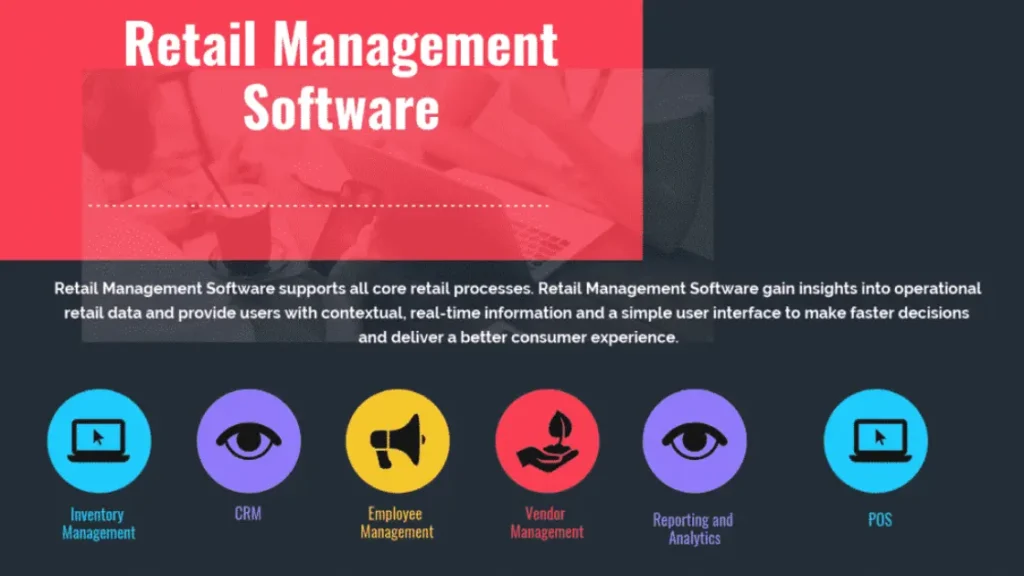
Credit: www.predictiveanalyticstoday.com
Introduction To Retail Sales Software
Retail sales software has revolutionized the way businesses operate. It helps manage transactions, inventory, and customer relationships. This software is essential for modern retail businesses. It streamlines operations and enhances customer satisfaction.
Importance In Modern Retail
In today’s fast-paced retail environment, efficiency is crucial. Retail sales software automates many tasks, saving time and reducing errors. It provides real-time data, helping retailers make informed decisions quickly. This software also enhances the customer experience by speeding up the checkout process.
Another key benefit is inventory management. Retail sales software tracks stock levels and alerts staff when items are running low. This ensures that popular products are always available, boosting sales and customer satisfaction. Additionally, it helps in analyzing sales trends and understanding customer preferences.
Evolution Of Retail Technology
Retail technology has evolved significantly over the years. Initially, sales were recorded manually, which was time-consuming and error-prone. The introduction of electronic cash registers marked the first major shift. These devices made transactions faster and more accurate.
With the advent of computers, retail sales software became more sophisticated. Early software focused on basic tasks like billing and inventory management. Modern solutions offer a wide range of features, including customer relationship management (CRM) and analytics.
The rise of the internet further transformed retail technology. Cloud-based retail sales software allows for seamless integration across multiple locations. Retailers can now access data from anywhere, anytime. Mobile technology has also played a significant role. Mobile POS systems enable staff to assist customers on the sales floor, improving service and efficiency.
| Feature | Benefit |
|---|---|
| Real-time Data | Informed Decision Making |
| Inventory Management | Stock Level Optimization |
| CRM Integration | Enhanced Customer Relationships |
| Analytics | Sales Trend Analysis |
Modern retail sales software significantly transforms businesses. It offers multiple features that enhance operations and customer satisfaction. Investing in this technology is a wise decision for any retailer.
Top Features To Look For
Choosing the best software for retail sales management can greatly enhance your business’s efficiency. The right software should streamline operations, boost sales, and improve customer satisfaction. Here, we’ll explore the top features you should prioritize.
Inventory Management
Effective inventory management ensures you always have the right products in stock. Key features to look for include:
- Real-time tracking: Monitor stock levels instantly.
- Automated reordering: Restock items before they run out.
- Batch tracking: Track products by batch or lot numbers.
- Barcode scanning: speed up data entry and reduce errors.
An intuitive inventory system can prevent overstocks and stockouts. This leads to better sales and customer satisfaction.
Customer Relationship Management
Customer Relationship Management (CRM) tools are vital for understanding and engaging with your customers. Important CRM features include:
- Customer profiles: Store detailed information on each customer.
- Purchase history: Track what customers buy over time.
- Personalized marketing: Send targeted promotions based on customer data.
- Feedback management: collect and analyze customer feedback.
A strong CRM can enhance customer loyalty and drive repeat business. It allows you to create tailored experiences for each customer.
Popular Retail Sales Software
Retail sales software helps stores manage inventory, track sales, and streamline operations. Below are some popular retail sales software solutions that cater to various business needs.
Overview Of Leading Solutions
Several software solutions stand out in the retail industry. These tools offer robust features to enhance store management and customer experience.
- Shopify POS: A versatile solution for online and offline sales.
- Square for Retail: Known for its ease of use and comprehensive features.
- Lightspeed Retail: Ideal for inventory-heavy businesses.
- Vend: Offers excellent reporting and analytics features.
- Revel Systems: Suitable for larger enterprises with complex needs.
Comparative Analysis
Let’s compare these leading retail sales software solutions based on key criteria.
| Feature | Shopify POS | Square for Retail | Lightspeed Retail | Vend | Revel Systems |
|---|---|---|---|---|---|
| Ease of Use | High | High | Medium | High | Medium |
| Inventory Management | Good | Good | Excellent | Excellent | Good |
| Reporting | Good | Good | Excellent | Excellent | Good |
| Scalability | Medium | Medium | High | High | High |
| Customer Support | 24/7 | 24/7 | 24/7 | 24/7 | 24/7 |
Each software has its own strengths. Shopify POS and Square for Retail are user-friendly. Lightspeed Retail and Vend excel in inventory management and reporting. Revel Systems is best for larger enterprises needing complex solutions.
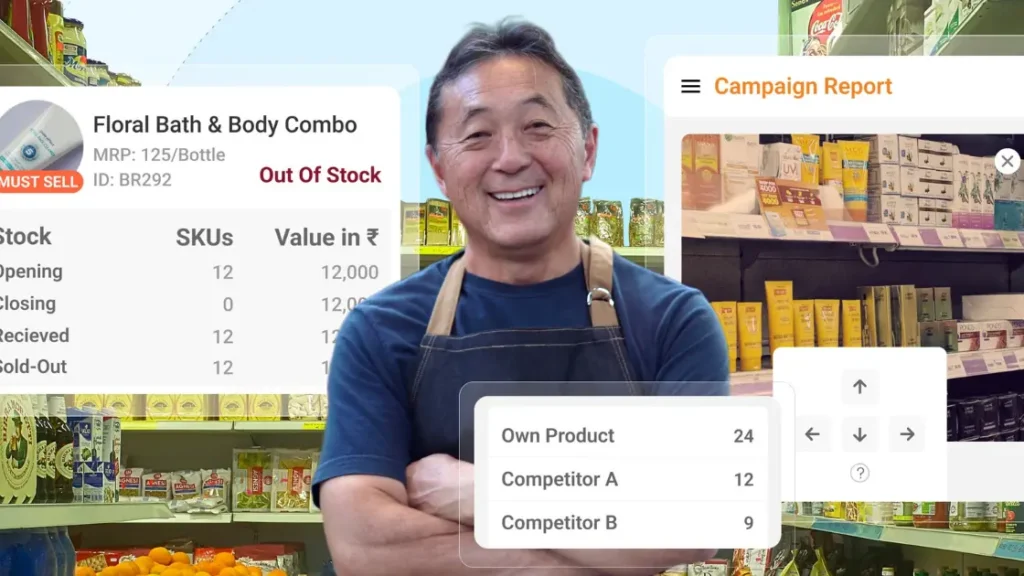
Credit: beatroute.io
Benefits For Retailers
Retailers face numerous challenges in managing their sales operations. The right software can significantly ease these challenges. From streamlining operations to enhancing customer experiences, the benefits are immense. Let’s explore how retail sales management software can transform your business.
Streamlined Operations
Retail sales software helps in automating repetitive tasks. This saves time and reduces errors. Here are some key benefits:
- Inventory Management: Keep track of stock levels in real-time.
- Automated Reporting: Generate sales reports instantly.
- Order Processing: Speed up order fulfillment and reduce delays.
Using such software means faster workflows and efficient resource management. It ensures that your team can focus on more critical tasks.
Enhanced Customer Experience
A good retail sales management system significantly improves the customer experience. Here are some ways:
- Personalized Services: Tailor offers based on customer preferences.
- Quick Checkouts: Reduce waiting times at the counter.
- Seamless Returns: Simplify the returns process for customers.
A better customer experience leads to higher satisfaction and loyalty. It ensures that customers return to your store repeatedly.
Challenges In Implementation
Implementing new software for retail sales management can be tough. Businesses face several challenges during this process, which can slow down or complicate the implementation. Two major challenges are data migration issues and user training.
Data Migration Issues
Data migration involves transferring data from one system to another. This process can be complex and error-prone. Here are some common issues:
- Data Inconsistency: Data may not match between systems.
- Data Loss: Important data might get lost during transfer.
- Compatibility Problems: Old and new systems might not be compatible.
To avoid these issues, businesses must plan carefully. They should also test the migration process thoroughly.
User Training
New software often requires training for users. This ensures that staff can use the system effectively. Common training challenges include:
- Time Investment: Training sessions can be time-consuming.
- Learning Curve: Some users may struggle to learn new software.
- Resistance to Change: Employees might resist changing old habits.
Effective training programs are essential. They should include hands-on practice and easy-to-follow guides. Support should also be available to help users with questions.
Cost Considerations
Choosing the best software for retail sales management involves understanding costs. Knowing where your money goes helps you make informed decisions. Below, we discuss two main cost factors: upfront investment and ongoing maintenance.
Upfront Investment
The initial cost of software includes various elements. These can affect your budget significantly.
- Software License: The price to purchase the software. Some have one-time fees, others have subscription models.
- Hardware Costs: New equipment like computers or tablets may be needed.
- Implementation: Setting up the system, including data migration and configuration.
- Training: educating staff to use the new system effectively.
Here’s a table to summarize the potential costs:
| Cost Component | Estimated Cost |
|---|---|
| Software License | $500 – $5000 |
| Hardware Costs | $1000 – $3000 |
| Implementation | $1000 – $4000 |
| Training | $500 – $2000 |
Ongoing Maintenance
Maintenance costs continue after the initial investment. These costs ensure the system runs smoothly.
- Subscription Fees: Monthly or annual payments for software updates and support.
- Technical Support: Fees for help with troubleshooting issues.
- Software Updates: Regular updates to improve functionality and security.
- Hardware Upgrades: Periodic upgrades to maintain compatibility and performance.
A table to outline ongoing costs:
| Cost Component | Estimated Cost |
|---|---|
| Subscription Fees | $50 – $200 per month |
| Technical Support | $100 – $500 per month |
| Software Updates | $200 – $1000 per year |
| Hardware Upgrades | $300 – $1500 per year |
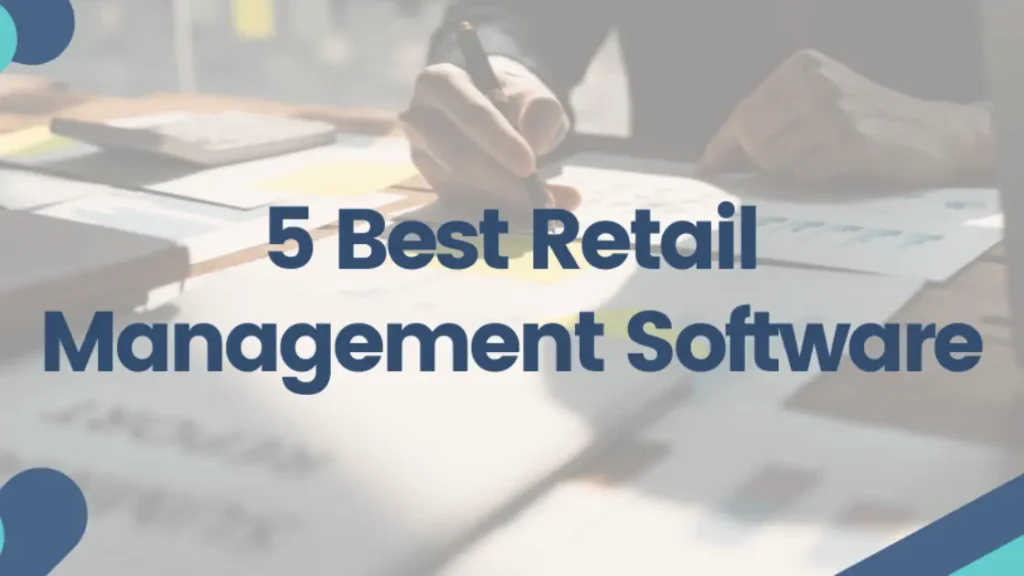
Credit: mysignature.io
Case Studies
Retail sales management software can revolutionize your business. Real-world examples highlight its benefits. Below, we explore some success stories and lessons learned from using these tools.
Success Stories
ElintPOS Bakery
By implementing ElintPOS, the bakery enhanced customer engagement through personalized promotions, significantly boosting repeat business.
Intersport UK
With Cegid’s YourCegid Retail, Intersport UK achieved a 78% reduction in replenishment times, improving inventory visibility and operational efficiency.
Blue Banana
Transitioning to Yourcegid Retail saved Blue Banana around 500 staff hours annually, allowing them to focus on core business activities while enhancing productivity.
| Company | Software Used | Key Benefit |
|---|---|---|
| ElintPOS Bakery | ElintPOS | Increased customer loyalty through personalized promotions |
| Intersport UK | Cegid’s YourCegid Retail | Reduced replenishment times by 78% |
| Blue Banana | Yourcegid Retail | Saved 500 staff hours annually |
Lessons Learned
- Integration is key. Ensure the software integrates with existing systems.
- Training is essential. Staff should be trained to use new tools effectively.
- Data is power. Use data analytics to make informed decisions.
- Customer focus: Enhance customer experience with personalized services.
Future Trends
The retail industry is evolving rapidly. Future trends in retail sales management software are exciting. Technology is changing the way we do business.
AI and Machine Learning
AI and machine learning are transforming retail sales. These technologies help predict customer behavior. They offer personalized shopping experiences. AI can analyze large data sets quickly. This helps retailers make better decisions. Machine learning improves inventory management. It reduces costs and increases efficiency.
Here’s a table showing the benefits of AI and machine learning in retail:
| Benefit | Description |
|---|---|
| Customer Insights | Understand customer preferences and buying patterns. |
| Personalization | Offer tailored recommendations and promotions. |
| Inventory Management | Optimize stock levels and reduce waste. |
| Efficiency | Streamline operations and save time. |
Omnichannel Integration
Omnichannel integration is vital for retail success. It combines online and offline channels seamlessly. Customers want a consistent experience everywhere. Omnichannel software helps achieve this. It unifies sales, inventory, and customer data.
Key Benefits of Omnichannel Integration:
- Consistent customer experience across all channels.
- Better inventory management.
- Increased sales opportunities.
- Enhanced customer loyalty.
Retailers must stay updated with these trends. Adopting new technologies can boost growth.
Conclusion
Choosing the right software boosts retail sales management efficiency. Evaluate features, pricing, and support before deciding. The best software enhances productivity, customer satisfaction, and overall business growth. Stay competitive by investing in reliable retail management tools. Make an informed choice to drive your retail success forward.

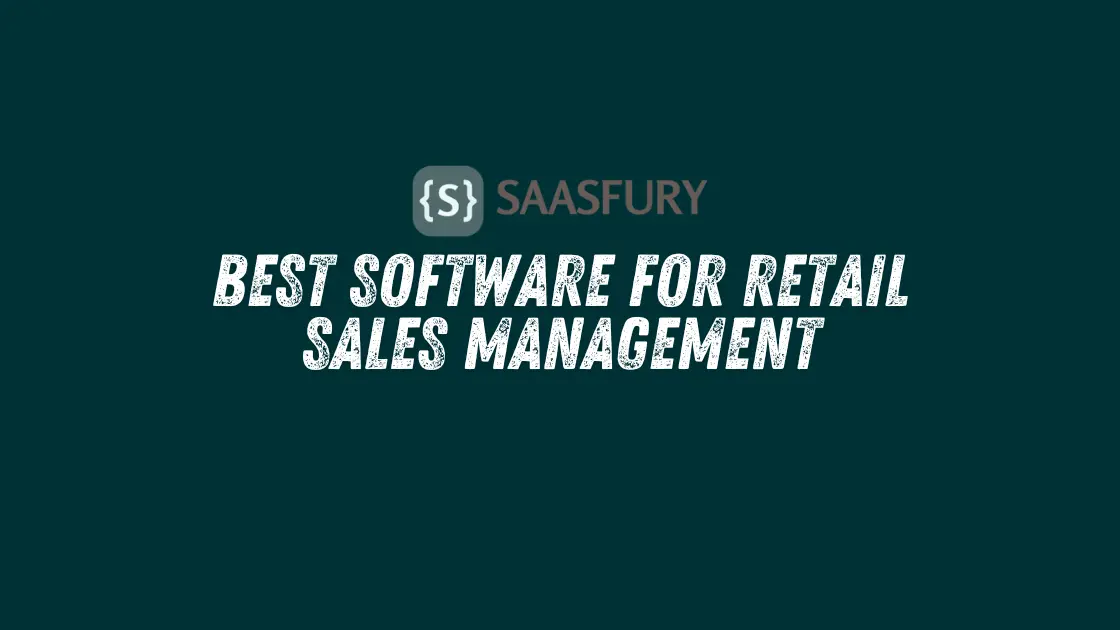
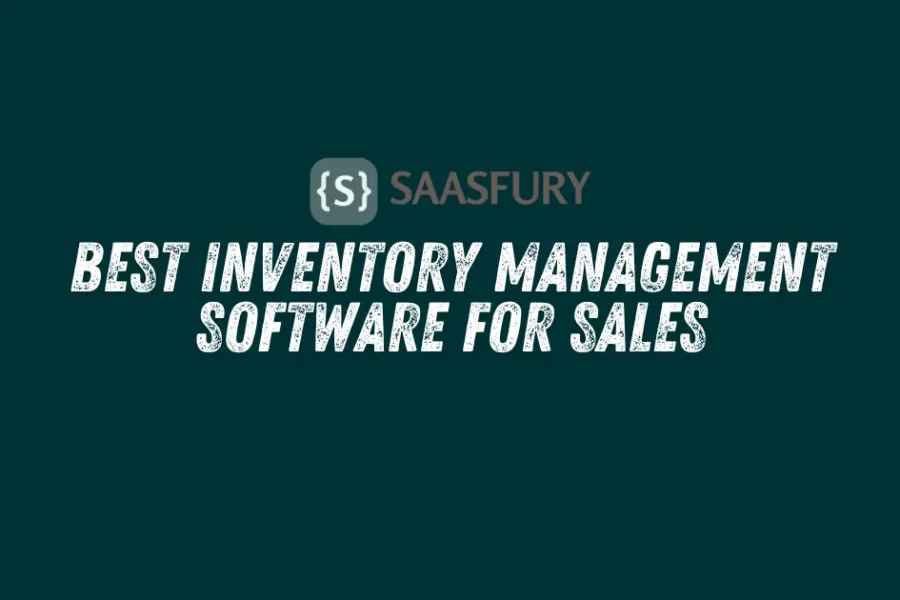
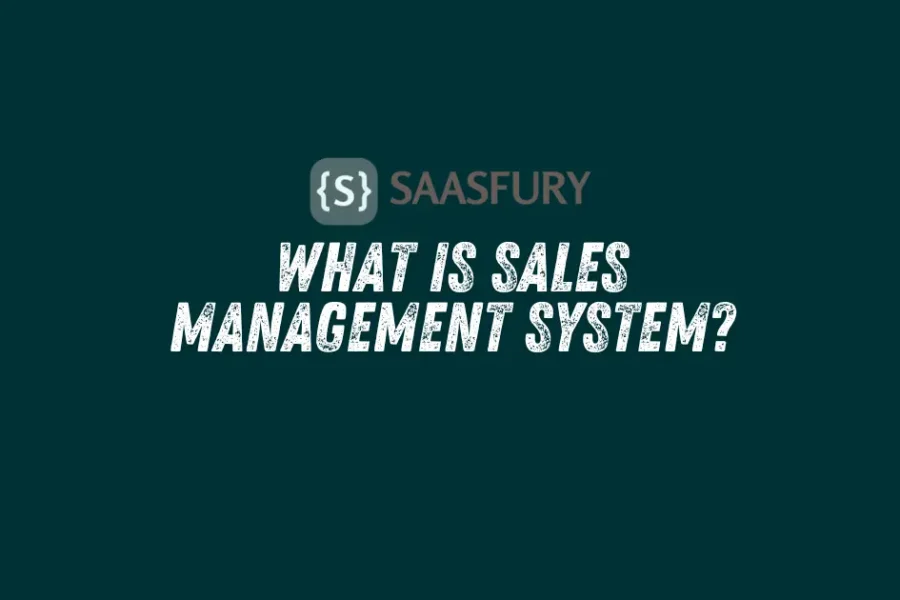
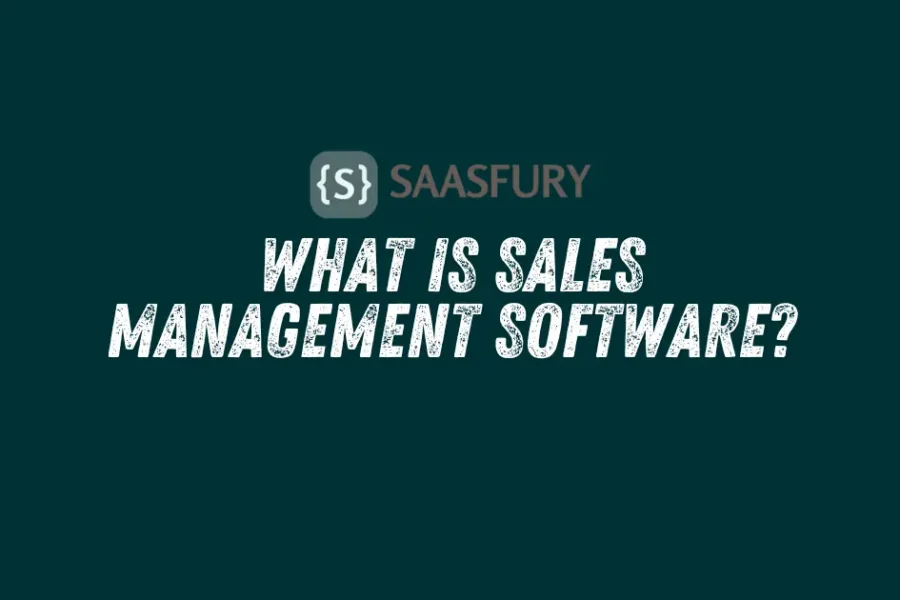
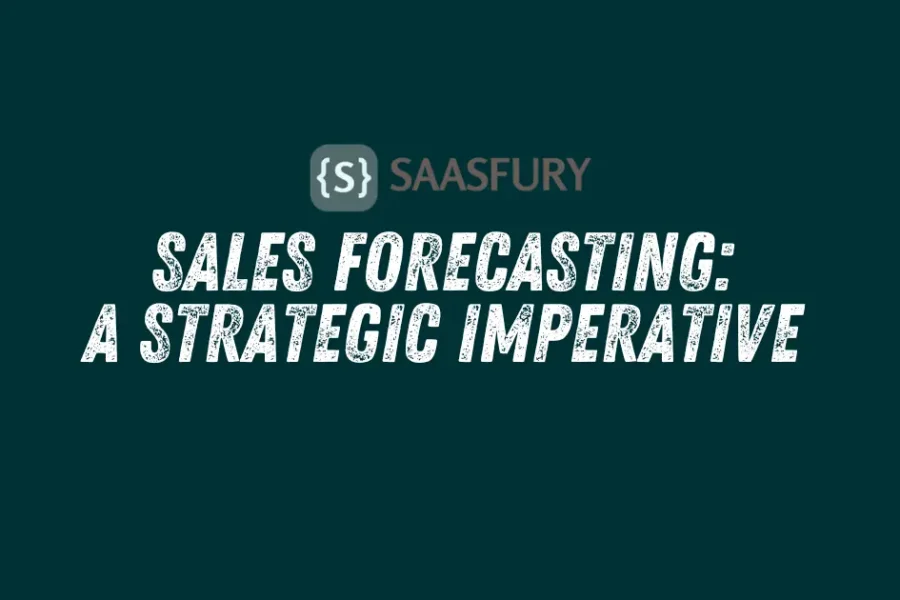

Leave a Comment